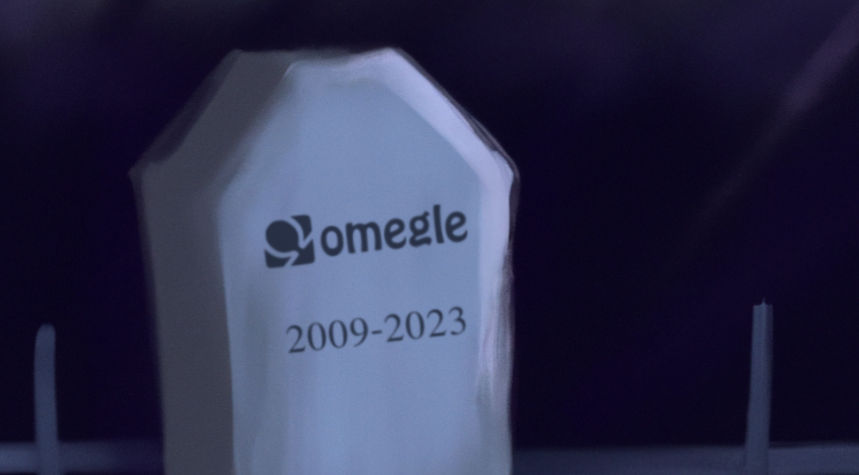Omegle Shutdown: How Criticism Over Abuse Led To Its Demise

© omegle.com
The nostalgia train is about to reach its final destination. While we have already said our farewells to many childhood websites (especially due to the Adobe Flash shutdown), there is another platform we can officially add to the list. Omegle is officially shutting down over abuse claims. And whether it is for better or for worse, it is time to say goodbye to the platform. The Omegle shutdown has been met with plenty of mixed reactions, and the internet has never been more divided about an issue like this before.
The Omegle Shutdown
Omegle, a long-standing video chat platform known for connecting random strangers, has closed down after 14 years. The site has closed following a lawsuit alleging its facilitation of child abuse. Founder Leif K-Brooks confirmed the shutdown in a detailed statement on the website. He highlighted positive uses of the platform, emphasizing its role in exploring different cultures, seeking advice, and reducing feelings of loneliness. However, according to him, it was not enough.
The text around the Omegle shutdown on the website read:

Launched in 2009, Omegle quickly captured the interest of teenagers and gained notoriety for its unique video chat features. It occasionally led to amusing or unusual interactions that circulated online. Its impact on popular culture varied over the years. While it died down once, it experienced a resurgence in 2020 due to increased attention on platforms like TikTok and YouTube.
Why Was Omegle Shutdown?
Despite its initial appeal, Omegle encountered persistent challenges in addressing issues of child sexual abuse. It found itself repeatedly mentioned in Department of Justice reports relating to convictions in sex crime cases. In 2021, a significant blow came in the form of a lawsuit alleging a flawed design that facilitated sex trafficking. The case involved a distressing incident where an 11-year-old girl was matched with an individual who later sexually abused her.

Carrie Goldberg, representing the girl in the lawsuit, attributed Omegle’s closure to a mediated agreement between the platform and her client. This marked a pivotal point in the platform’s trajectory, as it grappled with not only legal repercussions but also ethical and safety concerns surrounding its use.
The Failed Appeal
K-Brooks emphasized that Omegle employed advanced AI and a dedicated team of moderators to address platform misuse. Additionally, the site collaborated with law enforcement and organizations like the National Center for Missing and Exploited Children to assist in apprehending wrongdoers and ensuring their prosecution.
The Challenges
The National Center for Missing and Exploited Children (NCMEC) gathers reports concerning suspected child sexual abuse material from various tech platforms. Child sexual abuse and the dissemination of related material have significantly impacted nearly all social media platforms. In 2022, Omegle reported over 608,000 instances to NCMEC, with Instagram and Facebook reporting substantially higher figures of over 5 million and 21 million, respectively.
K-Brooks highlighted a pervasive challenge in preserving child safety, referring to an ongoing battle against the misuse of the internet. He noted that numerous online communication services, including larger companies, confront similar challenges and emphasize their vulnerability despite varying resources.
Relevancy Issues
Omegle also experienced a decrease in prominence due to the emergence of alternate chat platforms such as Discord. However, a resurgence occurred in 2020 when TikTok users began sharing videos using Omegle, leading to an impressive 11.4 billion views on TikTok under the Omegle hashtag. This resurgence led to a trend where some creators on TikTok and YouTube specialized in producing “prank” content related to Omegle.
Do you agree with the Omegle shutdown statement?
You might also want to read: France Issues Ban Due to iPhone 12 Radiation Exposure


